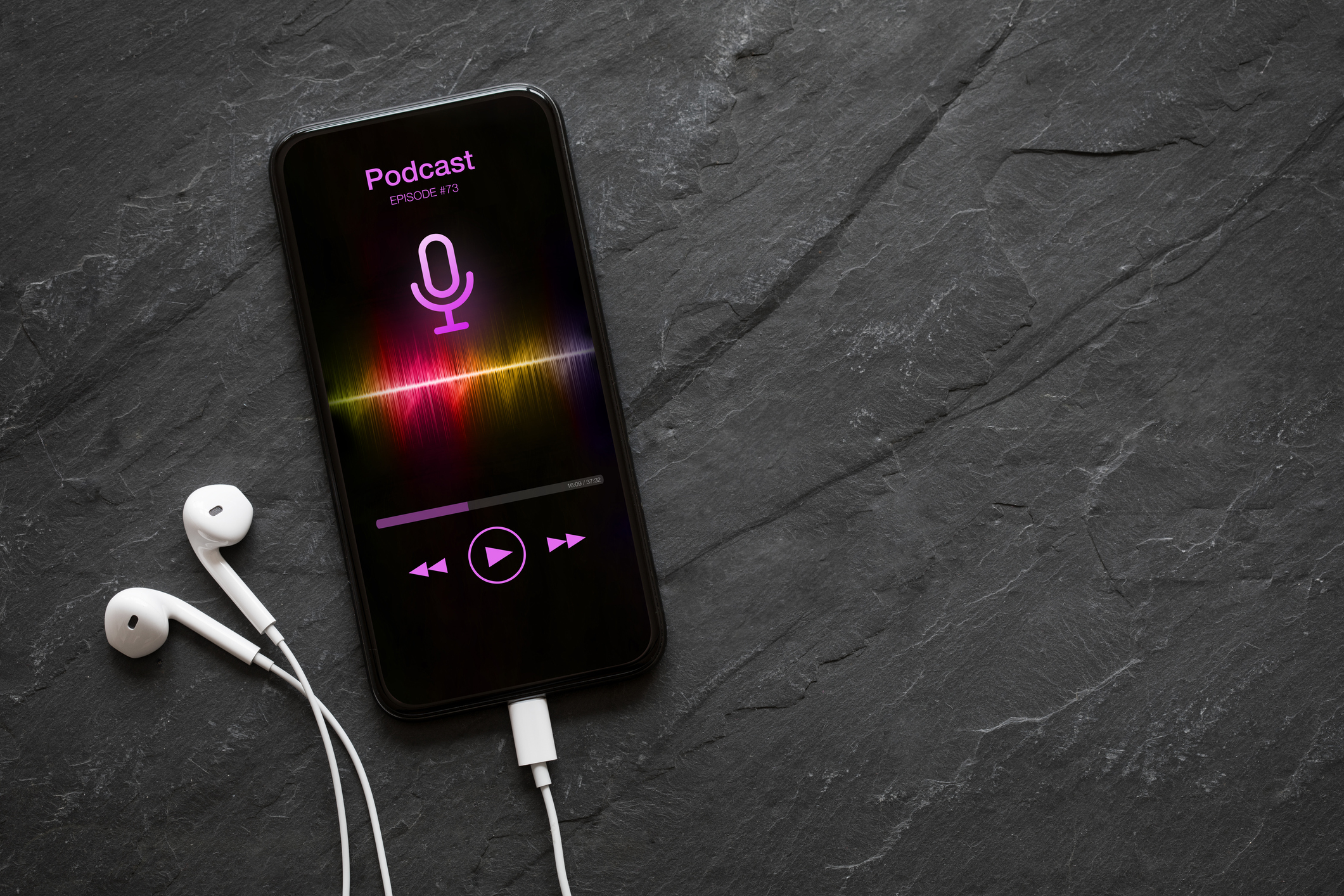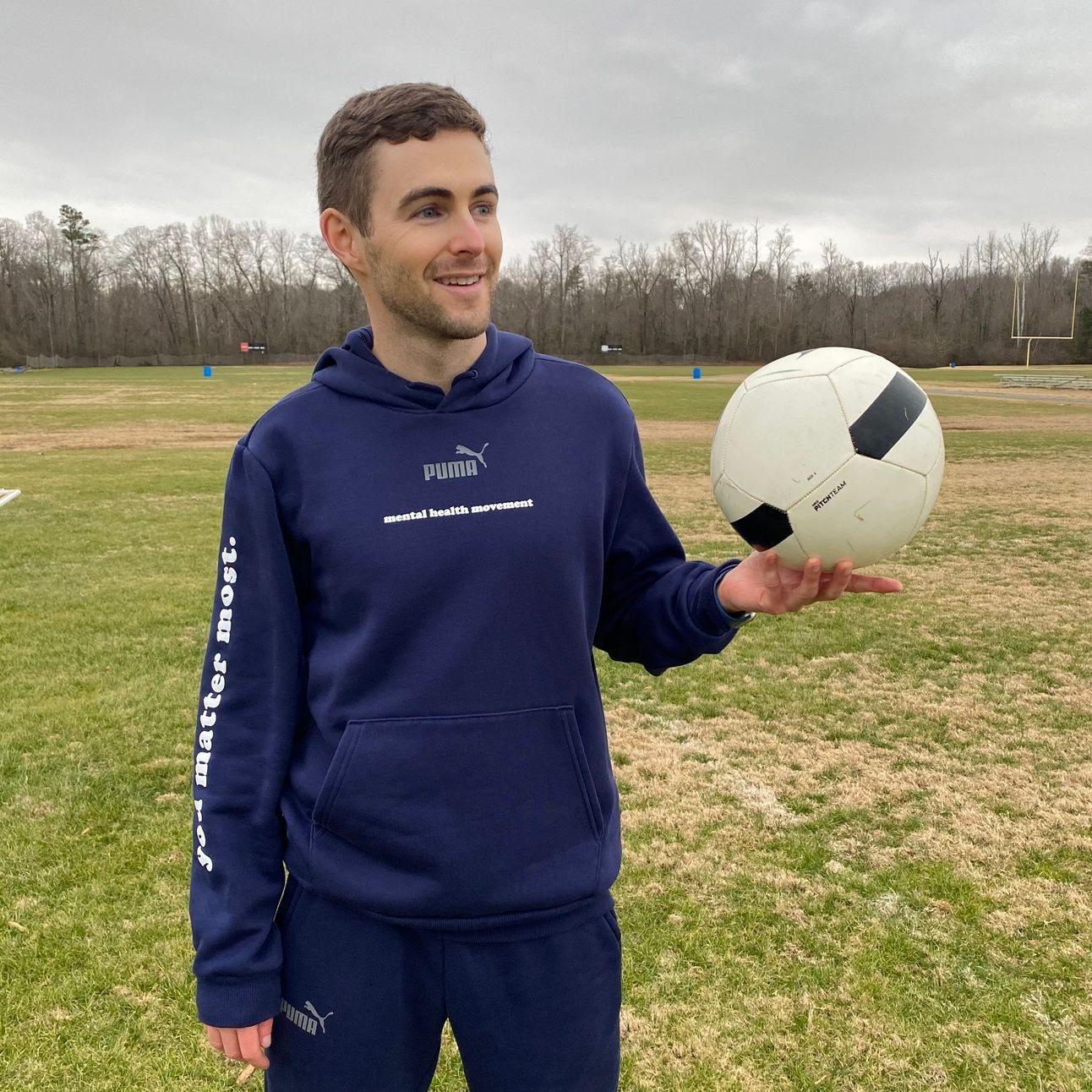Can Exercise Be a Treatment for Mental Health?
Hi everyone!
Can you believe that it is already February? I spent my week, like most of my weeks, talking with my patients about their mental health. Many people may think that means that I mostly only talk about medication. I actually don’t. Meds are only ONE treatment option for mental health conditions. I usually say that there are about 5 treatments (there are a few others, but let’s keep it simple for now)
- Talk Therapy (Cognitive Behavioral Therapy is my go-to)
- Meds (if needed)
- DIET (what we discussed last week!)
- Socialization (i.e. hanging with people! Okay, pets count too)
- Exercise
But has exercise actually been proven to help improve mental health conditions???
The answer is, yes! There is a TON of scientific evidence that exercise has a positive effect on your mental health. Exercise (both short bursts and longer periods of activity) have consistently been shown to improve cognitive function (i.e. memory), mood, and quality of life.
When we engage in exercise, our bodies produce certain chemicals linked to pleasure. These chemicals, (1) opioids (the NATURAL kind our body makes) and (2) endocannabinoids, contribute to positive effects like reduced anxiety, better sleep, and improved mood. FUN FACT: When people say they experience a “runner’s high”, they are usually feeling this high because of these natural chemicals that are produced!
Researchers also explain that CONSISTENT physical activity positively affects the hypothalamus-pituitary-adrenal (HPA) axis (fancy term for system that regulates our stress), leading to lower stress hormone secretion.
To summarize – Consistent exercise releases chemicals that reduce anxiety and stress. Exercise is a GREAT tool in your tool kit to improve your mental health, but exercise alone may not be enough to treat an anxiety disorder or a major depressive disorder. Sometimes you need to add additional tools (which we will continue to discuss every week!)
Honestly, I wouldn’t get worried about WHAT exercise you’re doing. Exercise is exercise. It can be running, swimming, walking, yoga, dance, pickle ball, soccer, pilates, even gardening. When I was depressed, I found it much harder to motivate myself to exercise. If this is you, I see you. It’s not always going to be this hard. And sometimes having someone who can help motivate you to get moving can be super helpful.
My Favorite Podcast on Exercise and Mental Health
Psychiatry and Psychotherapy Podcast – “Exercise for the Brain” by Dr. David Puder

Disclaimer: These emails do not assume a doctor-patient relationship and my information is not intended to substitute for medical advice. I offer science-backed educational information aimed at empowering you to live your best life. Always consult your personal doctor before starting any treatment.
This Week’s Sources:
PMID: 36756008
You Are Not Alone
For you or a loved one to be diagnosed with a brain or mental health-related illness or disorder is overwhelming, and leads to a quest for support and answers to important questions. UBA has built a safe, caring and compassionate community for you to share your journey, connect with others in similar situations, learn about breakthroughs, and to simply find comfort.

Make a Donation, Make a Difference
We have a close relationship with researchers working on an array of brain and mental health-related issues and disorders. We keep abreast with cutting-edge research projects and fund those with the greatest insight and promise. Please donate generously today; help make a difference for your loved ones, now and in their future.
The United Brain Association – No Mind Left Behind






